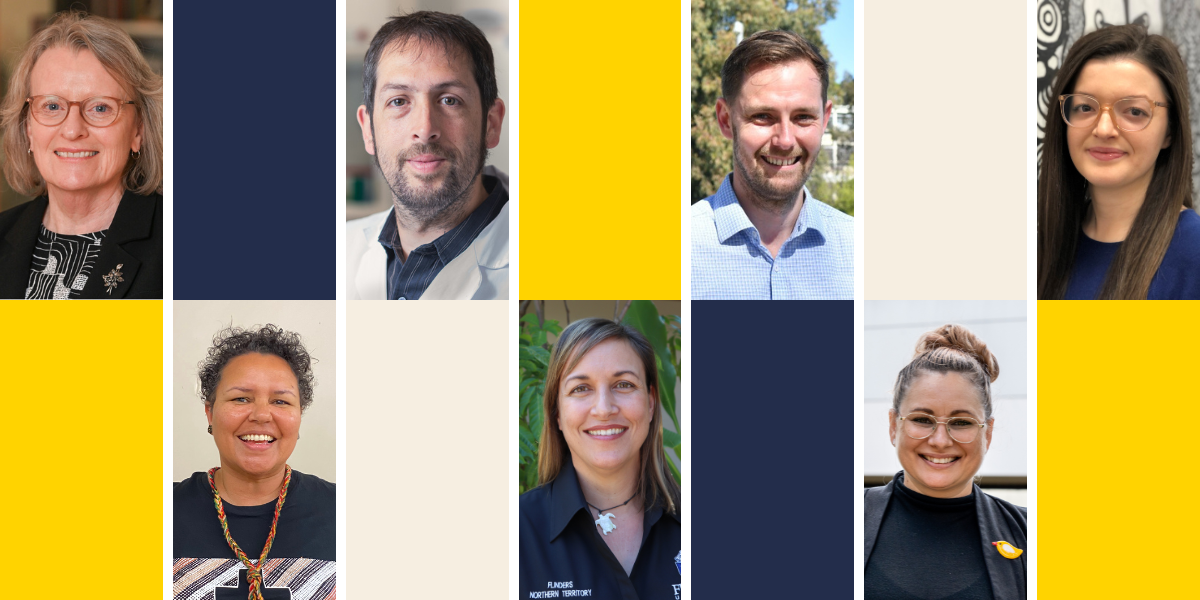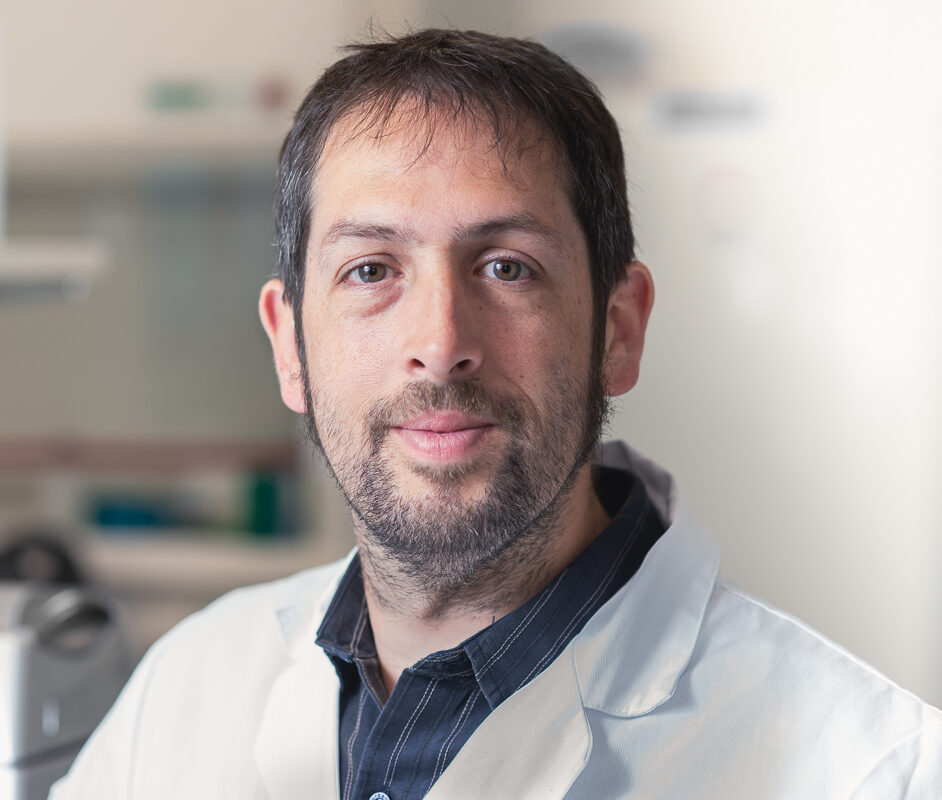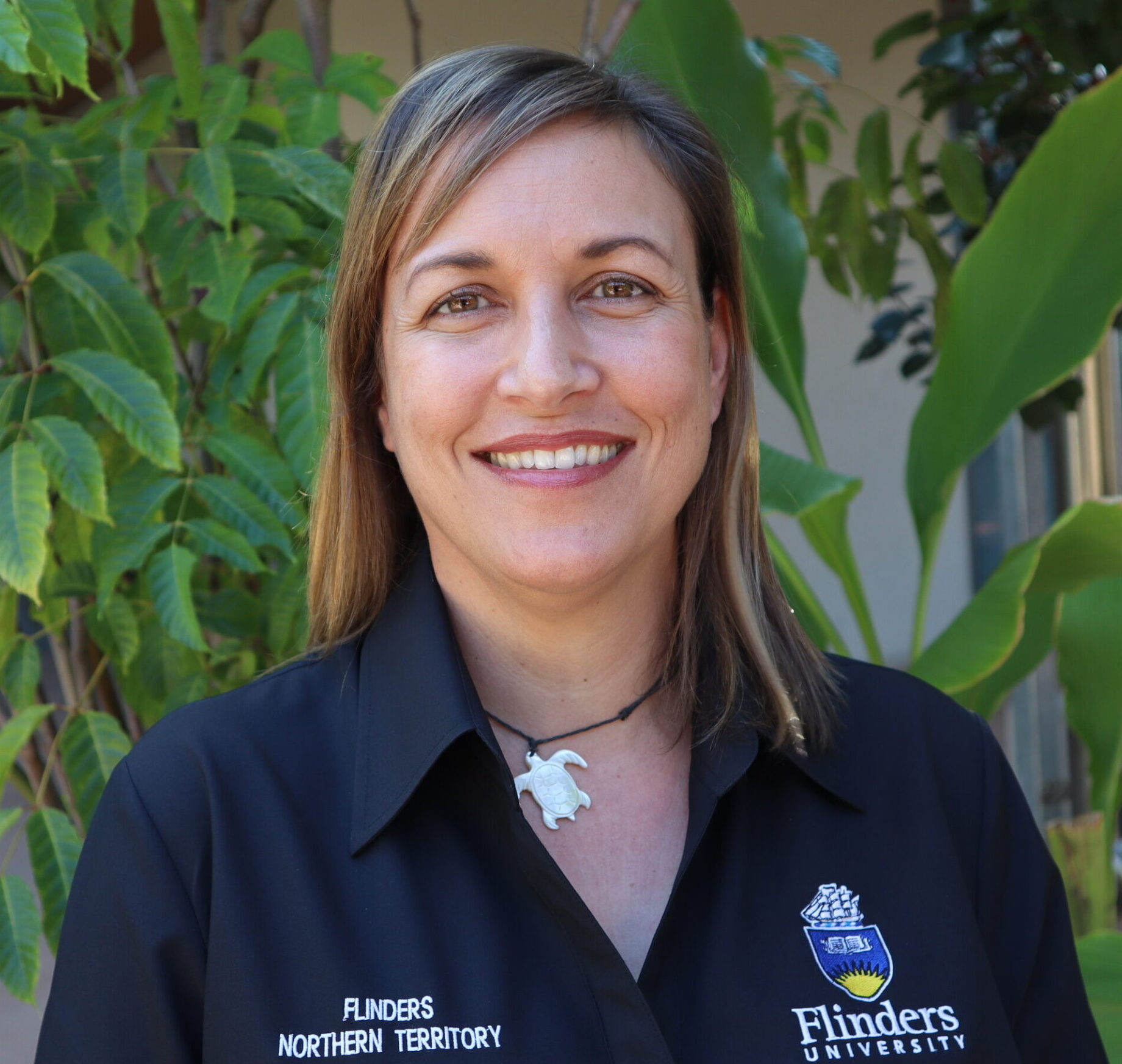
Flinders University has been awarded $15.6 million in NHMRC Investigator Grants funding, marking a record figure in the scheme for the university.
Seven outstanding researchers are taking forward research improving treatments and prevention across a range of medical fields and communities.
The projects include sleep research managing insomnia with consumer products, preventing pregnancy complications for mothers, and deploying artificial intelligence to reduce health disinformation. The funding also supports a project deploying RNA therapeutics against deadly brain cancers in children.
With a strong focus on Indigenous communities, the funding also supports research on community-led health initiatives to reduce rates of chronic diseases in the Torres Strait.
The grants also support research programs with First Nations leaders to deliver health improvements for Torres Strait Islander and Aboriginal people who live with kidney diseases, and address health inequalities by empowering Indigenous communities to control their health data.
Deputy Vice-Chancellor (Research) Professor Raymond Chan says these high-performing researchers are tackling well-known and new health challenges through world-class advancements in treatment, care and technologies.
"The funding for these projects demonstrates Flinders' leadership in health and medicine as we tackle some of Australia's biggest challenges through early disease detection and personalised care."
"We're thrilled our researchers are recognised for their work improving health outcomes for our communities and congratulate them on their funding success."
About the Flinders University projects:

Professor Claire Roberts- $3,014,025 - Pregnancy: Window to Health Futures
Pregnancy complications occur in over 90,000 of the 300,000 Australian births each year and foreshadow future health for mother and child. This research will study maternal and child health from conception, focusing on genetic, epigenetic and modifiable risk factors common to pregnancy complications and later cardiometabolic diseases.
Partnering with clinicians, scientists, epidemiologists and local communities, it will create new knowledge, identify molecular targets and generate novel interventions, co-designed with consumers, to improve pregnancy and intergenerational health across the life course.

Professor Jaquelyne Hughes - $2,954,575 - And We Are: Determined as Indigenous Leaders to advance First Nation kidney health
The "And We Are" research program promotes, and actions health improvements delivered by First Nations leadership, for Torres Strait Islander and Aboriginal people, family and community who live with kidney diseases.
AWA extends Professor Hughes' existing "Aboriginal and Torres Strait Islander health advancement" research program, by upholding Indigenous self-determination, Indigenous sovereignty, human rights and respect.

Professor Simon Conn - $2,954,575 - Targeting the Alternative RNA Splicing Dichotomy of Brain Cancer as a Novel Anticance Strategy
Loss of one or more genes is an essential hallmark of cancer. Professor Conn and his team have identified three genes - splicing factors - that are lost in patients with glioblastoma and diffuse midline glioma, two of thedeadliest brain cancers in children.
The team show that replenishing these lost genes or destroying their genetic products can be achieved inside intact brains and stops the cancer. They will further investigate these pivotal processes to provide much needed and new RNA-based treatment options.

Associate Professor Karla Canuto - $2,818,905 - Community-led Health Promotion in the Torres Strait
With rates of chronic diseases skyrocketing throughout the isolated communities of the Torres Straits, Maluilgal (the tribal people of Badu, Mabuiag and Moa Islands) are calling for urgent action to restore wellness.
As a Torres Strait Islander researcher and recognised national leader in Indigenous health promotion, Associate Professor Karla Canuto has been endorsed by Tribal leads to lead a program of work to restore health through community-led evidence-based health promotion initiatives.

Associate Professor Ashley Hopkins - $1,623,700 - Data and Artificial Intelligence for Advancing Cancer Care
This project aims to advance cancer care using artificial intelligence (AI) and data. It will develop benchmarks to ensure AI safety and reduce health disinformation, alongside using AI to improve cancer patient monitoring and early treatment of adverse events.
The project will also build an international coalition to drive data transparency for understanding how cancer treatments affect different populations. Overall, these efforts will drive scientific discovery, improve clinical care, and set new standards for AI safety and data use in healthcare.

Associate Professor Kalinda Griffiths - $1,634,700 -Strengthening Transparent Reporting and Improving Visibility and Equity for Aboriginal and Torres Strait Islander Health
This program aims to improve the quality, usability, and governance of Aboriginal and Torres Strait Islander health data in Australia to address health inequities. Aboriginal led, it focuses on data quality, data governance, workforce development, and Indigenous health measurement.
The program will empower Indigenous communities to control their data and train researchers to support culturally responsive practices, ultimately enhancing the health and wellbeing of Aboriginal and Torres Strait Islander people.

Dr Hannah Scott - $663,405 - Using sleep technologies to better define and manage insomnia
Insomnia impacts 10-15% of the global population and impairs health, daytime function, and quality of life. Current diagnosis ignores the variable underlying causes of the disorder, and less than 1% of patients are referred for the recommended front-line treatment.
Dr Scott's work will use sleep technologies to better identify the causes of insomnia so that tailored treatments can be delivered to better treat insomnia, using tools that can manage insomnia on a large scale for reduced cost.






